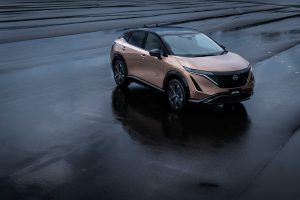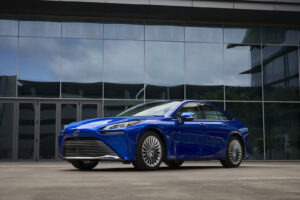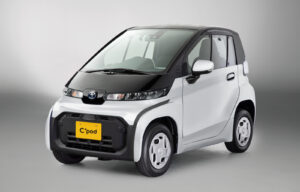
Oh those wacky Germans!! As quickly as it got here, VW took it away: Voltswagen is the company that never was.
A lesson for wannabe pranksters: if you’re planning an April Fool’s Day joke, stick to April 1st.
That lesson apparently got lost in translation over at Voltswagen, er, Volkswagen headquarters when the company intentionally leaked an “internal document” on March 29 indicating it was planning to change its name as a way to highlight a dramatic, mega-billion-dollar shift to battery-electric vehicles.
Like so many others, automotive PR departments have often found ways to tweak the media on April 1 and the closer a supposed story hews to reality the better the joke — though news veterans have learned to tread cautiously with everything they see that day. VW’s gag, it seems, gained credibility because of the timing, even though it would have generated major skepticism had it come out two days later.
But “There will be no renaming of Volkswagen of America,” the company now says after receiving numerous angry calls from those fooled by the supposed name change — including, we will admit, TheDetroitBureau.com.
Good one, guys … good one
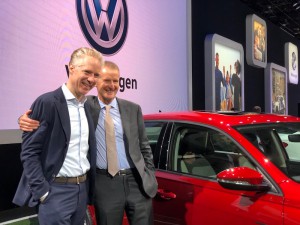
Volkswagen of America chief Scott Keogh, left, and VW AG CEO Herbert Diess share a laugh, knowing what was going to be unleashed on the U.S. media.
As readers will note, we did question whether this was part of a short-term marketing campaign, rather than a real, permanent name change. After all, other companies have taken similar steps. IHOP in 2018 announced it was becoming IHOB, a short-lived switch, it turned out, to promote the fact it offered more than just pancakes for breakfast.
Indeed, the stunt was intended to highlight the launch of the Voltswagen, er, Volkswagen ID.4, the carmaker’s first long-range battery-electric vehicle targeting the U.S. market. It began rolling into American showrooms this month.
“The alleged renaming was designed to be an announcement in the spirit of April Fool’s Day, highlighting the launch of the all-electric ID.4 SUV and signaling our commitment to bringing electric mobility to all,” said a statement from VW released the day after the rouse, 36 hours before April Fool’s Day.
The right amount of credibility for a fake release
The thread of credibility was, in fact, there for at least a short-term use of the name Voltswagen. The German company is going all-in on electrification, committing to spend more than $80 billion to bring at least 50 all-electric models to market by mid-decade. Its high-line Bentley brand will only sell battery-electric vehicles by 2030 and while the flagship VW brand hasn’t committed to going completely BEV, global CEO Herbert Diess has strongly hinted that is in the works.
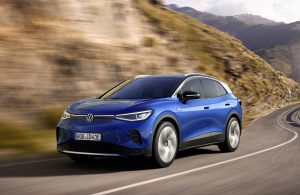
Volkswagen has designated $86 billion to bring more than 50 EVs to market in the next few years, including the ID.4.
“We have said, from the beginning of our shift to an electric future, that we will build EVs for the millions, not just millionaires. This name change signifies a nod to our past as the peoples’ car and our firm belief that our future is in being the peoples’ electric car,” said the fake VW release, purportedly quoting Scott Keogh, president and CEO of Volkswagen of America.
VW already did adopt a new name for its electric vehicles. They are being grouped together under the ID banner. An all-electric hatchback, the ID.3, went on sale in Europe last year. Other models are coming, including the ID.Buzz, a modern, battery-powered take on the legendary VW Microbus.
Volkswagen isn’t alone, one rival German automaker marketing its BEVs through the new Mercedes-EQ marque, another opting to call its electric models BMW i. And Hyundai just launched a new battery-car sub-brand called Ioniq.
VW’s reaching out to promote its electrification efforts shouldn’t be surprising. The automaker’s global CEO Herbert Diess declared a goal of becoming the world’s leading EV manufacturer, his goal to “overtake” today’s top seller, Tesla.
Whether the Voltswagen stunt will short-circuit the launch of the ID.4 isn’t certain. But wary journalists are likely to be far less willing to get charged up the next time a VW press release arrives.
/**/



